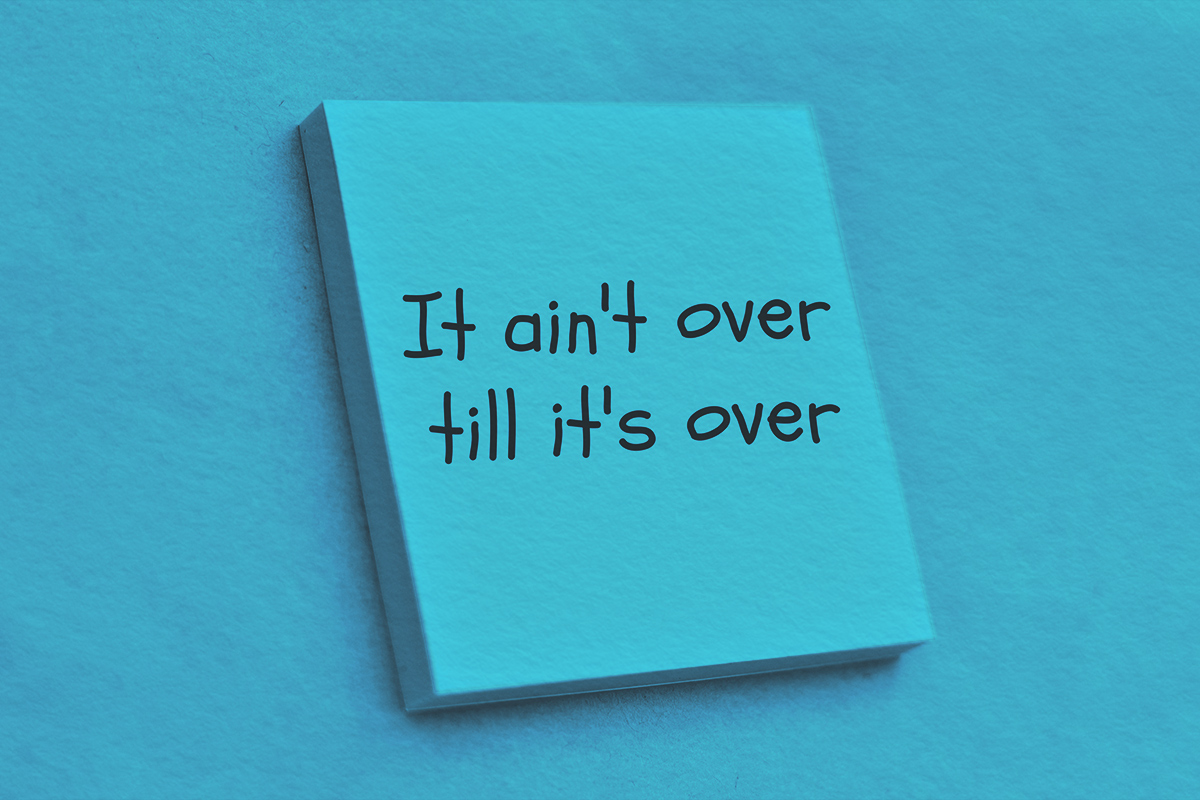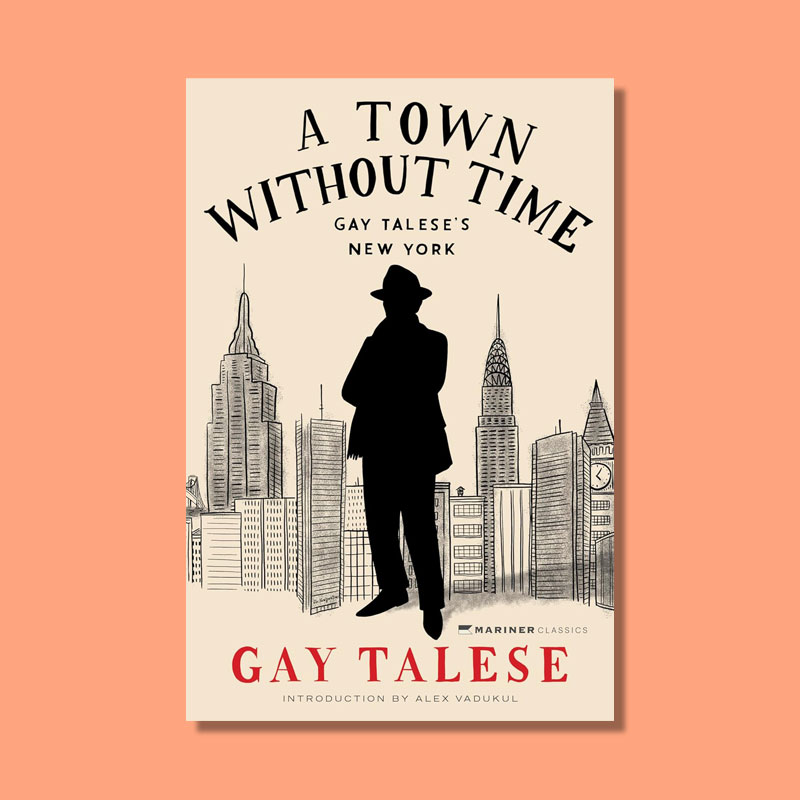Is "ain't" a real word? | | From proper English to shunned and back again, "ain't" has survived centuries of controversy to become one of English's most resilient — and versatile — contractions. | |  | Bennett Kleinman |
|
| |  | | "A in't" ain't like any other English word. This contraction conveys a unique tone, and more specifically, doesn't join two words by removing letters. However, it's often used as shorthand for "are not," "is not," "has not," and "did not." Despite its widespread usage, some grammar snobs will argue that "ain't" has no place in proper American English. But tell that to Bachman-Turner Overdrive — the song title "You Have Not Seen Nothin' Yet" just isn't as catchy as the version with "Ain't."
While stigmatized today, the contraction was considered to be a proper replacement for the phrases "am not," "are not," and "is not" in the early 18th century. In New England, the term evolved into "hain't," meaning "has not" or "have not."
But by the mid-19th century, the word "ain't" gained a negative reputation it couldn't shake, primarily thanks to the works of Charles Dickens. Through the popularity of his writings, it became associated with the London Cockney dialect. In turn, "ain't" was ostracized from the "proper" English club.
However, "ain't" didn't disappear. In fact, it regained popularity over the decades, especially in African American Vernacular English (AAVE) and Caribbean English dialects. Speakers of these dialects often use "ain't" in place of "didn't." (For example, "I ain't go to the store yesterday.") "Ain't" also found a permanent place in the cultural lexicon in the titles of many jazz, Broadway, and R&B songs. To name just a few: "Ain't Misbehavin'" by Fats Waller, "Ain't Broadway Grand?" from the musical of the same title, "Ain't No Mountain High Enough" by Marvin Gaye and Tammi Terrell, "Ain't No Sunshine" by Bill Withers, and "Ain't Too Proud to Beg" by The Temptations.
You may wonder why we don't say "amn't" (as a contraction for "am not") instead of "ain't." Well, we do, or at least we used to. "Amn't" was a particularly popular term in Ireland and Scotland, though it's heard less today. Try to say the two terms aloud and you'll likely understand why "amn't" fell off in popularity in comparison to "ain't." |
| | Continue reading | |  |
| |
| | Thanks for supporting our sponsors! They help keep Word Smarts free for everyone. | |
Emoji Decoded | |  | | Smiling Face with Tear | | | Meaning: Shows a smiling face with a single tear, representing a mix of happiness and sadness, or other mixed emotions.
Evolution: There are dozens of emoji faces, but when a 😂 or 😤 won't convey your complex emotions, the bittersweet mix of 🥲might fulfill the need. It was added to Emoji 13.0 in 2020, just in time for the emotional texting of that year.
Usage: [Caption on a graduation photo:] Last day of school… I'm totally fine 🥲 |
|
 | | Smiling Face with Tear | | | Meaning: Shows a smiling face with a single tear, representing a mix of happiness and sadness, or other mixed emotions.
Evolution: There are dozens of emoji faces, but when a 😂 or 😤 won't convey your complex emotions, the bittersweet mix of 🥲might fulfill the need. It was added to Emoji 13.0 in 2020, just in time for the emotional texting of that year.
Usage: [Caption on a graduation photo:] Last day of school… I'm totally fine 🥲 |
|
| |
Have you read? | |  | | A Town Without Time | | By Gay Talese | | Readers might be familiar with the classic essay, "Frank Sinatra Has a Cold" (and that is included here), but this compiles a fuller look at what made Talese one of the most faithful preservers of mid-century New York culture. Become absorbed in the minutiae of the New York streets, the gossip of the literati, and the eloquence of an obituary writer (to single out a few of the articles in this volume) — the level of detail in Talese's observations is unmatched. | | | | Jennifer A. Freeman, Word Smarts Senior Editor | | | | We independently evaluate all recommended products and services. If you click on links we provide, we may receive compensation. |
|
 | | A Town Without Time | | By Gay Talese | | Readers might be familiar with the classic essay, "Frank Sinatra Has a Cold" (and that is included here), but this compiles a fuller look at what made Talese one of the most faithful preservers of mid-century New York culture. Become absorbed in the minutiae of the New York streets, the gossip of the literati, and the eloquence of an obituary writer (to single out a few of the articles in this volume) — the level of detail in Talese's observations is unmatched. | | | | Jennifer A. Freeman, Word Smarts Senior Editor | | | | We independently evaluate all recommended products and services. If you click on links we provide, we may receive compensation. |
|
| |
|


0 comments:
Post a Comment